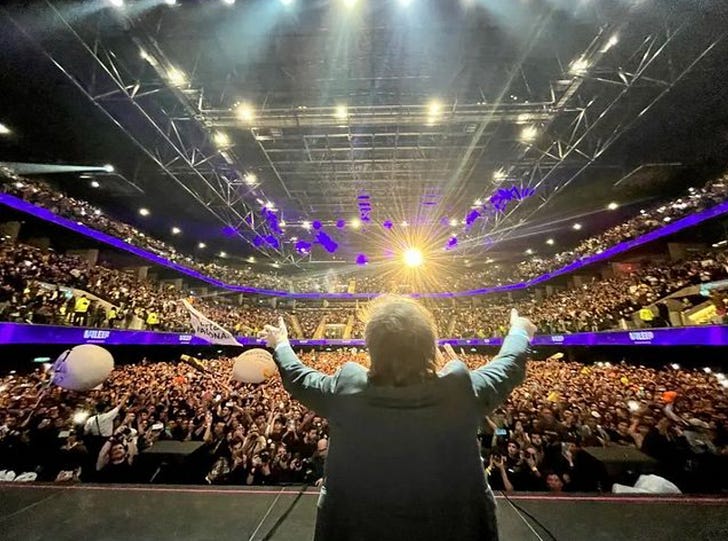The pope, ‘The Wig,’ and Argentina’s Catholic voters
How the bombastic Javier Milei plays among Catholics in Argentina
Libertarian Javier Milei took the world by surprise this summer, when he won the Aug. 13 national primary election, the PASO, which serves as a barometer for the presidential elections.

Now, with the presidential elections to be held this Sunday, Milei – who before the PASO was second or third in virtually all the polls – is the overwhelming favorite to …
